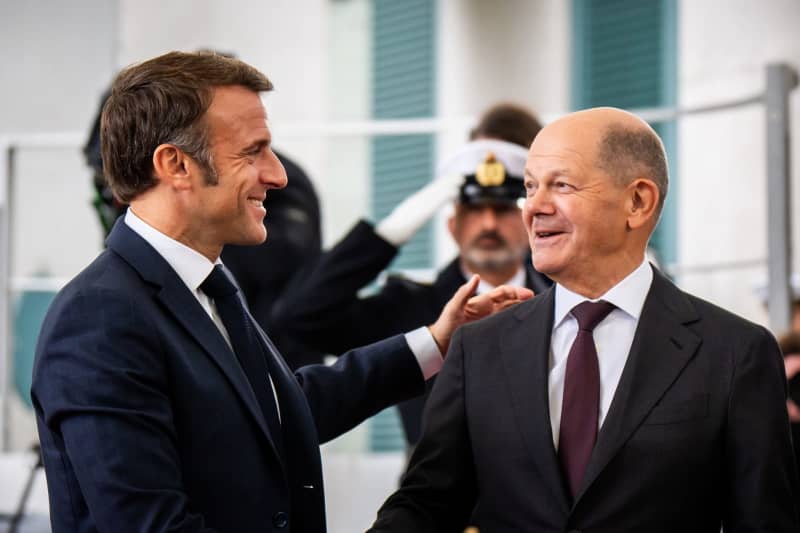President Emmanuel Macron has decided to forgo attendance at the upcoming European Union summit in Brussels, delegating representation to German Chancellor Olaf Scholz. This decision, announced by the Élysée Palace, comes as Macron prepares to travel to Mayotte, a French territory in the Indian Ocean, to assess the damage inflicted by Cyclone Chido over the past weekend. The cyclone has reportedly resulted in the deaths of hundreds, necessitating the president’s presence in the affected area. His office indicated that having Germany represent France in such situations is standard practice, highlighting a collaborative approach amidst crises.
The backdrop of Macron’s decision also sheds light on the current state of Franco-German relations, which are reportedly under strain. Allegations have surfaced indicating that the two nations, critical players in the EU, have not always functioned in unison, especially in the face of significant challenges confronting Europe. Both Macron and Scholz are grappling with intense domestic pressures that may affect their ability to collaborate effectively on international matters. This development is especially notable given the strategic significance of their partnership in steering EU policies and responses.
The EU summit, taking place concurrently with top-level meetings in Brussels, is scheduled to address pressing issues such as the ongoing war in Ukraine, escalating tensions in the Middle East, and the rising concerns regarding irregular migration into the European bloc. Each of these topics carries substantial implications for EU member states, requiring coordinated efforts and unified stances among leaders. Macron’s absence could raise questions about the strength of Franco-German leadership during such a pivotal moment.
Furthermore, Macron was intended to participate in a dinner focused on EU-West Balkan relations, where discussions would likely have centered on enhancing cooperation and integration with the Western Balkans. This region has been a focal point for EU expansion and diplomatic efforts, making Macron’s participation particularly significant. However, his emergency visit to Mayotte emphasizes the importance of addressing immediate humanitarian crises, which can sometimes take precedence over international diplomatic engagements.
The current geopolitical climate poses numerous challenges for EU leaders, and the absence of key decision-makers like Macron at crucial summits can complicate collective actions. Both the war in Ukraine and the Middle East situation have prompted the EU to rethink its strategies regarding security, defense, and foreign policy. The handling of irregular migration also remains a contentious and politically charged topic, with differing national interests and responses among member states that necessitate strong leadership and coordination.
In conclusion, as Emmanuel Macron prioritizes addressing the tragic aftermath of Cyclone Chido in Mayotte, the implications of his absence from the EU summit are significant. The reliance on German Chancellor Olaf Scholz to represent France underlines the importance of Franco-German relations, yet it simultaneously highlights the tension and challenges these two nations face together on the European stage. As the EU navigates complex issues like the war in Ukraine and regional stability, maintaining solidarity among its key members is crucial for effective governance and policy implementation within the bloc.

